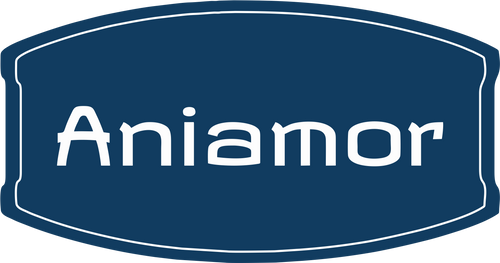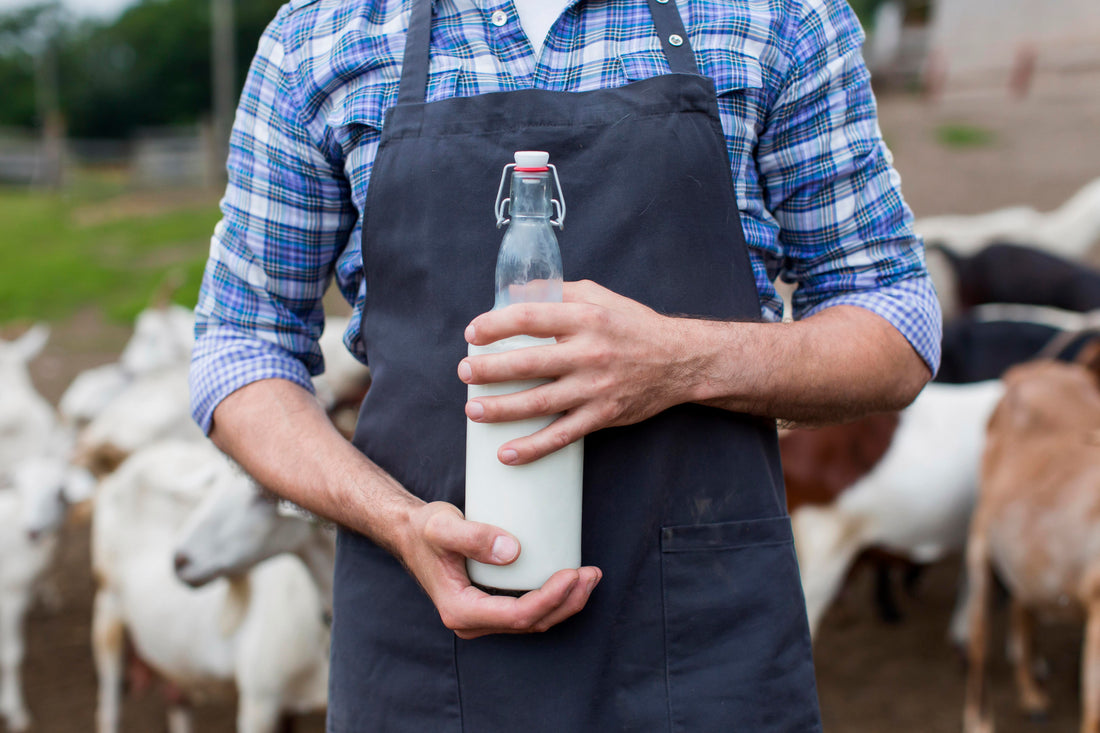Increasing milk production in cattle is essential for dairy farmers aiming to maximize profits and maintain herd health. It requires proper nutrition, effective farm management, and the right supplementation. If you’ve been wondering how to increase milk production in cattle, this blog will guide you step-by-step with practical tips, nutritional advice, and product recommendations.
Whether you're a beginner or an experienced dairy farmer, optimizing your cow’s milk output means understanding everything — from symptoms of low milk production, choosing the best feed for cows to increase milk, and using the right cow food and supplements.
Understanding Milk Production in Cows
Milk production in cows is influenced by factors like genetics, nutrition, lactation management, and overall cow health. While genetics play a role, environmental and nutritional factors often have the most immediate impact on milk yield.
Symptoms of Low Milk Production in Cows
Recognizing the signs of decreased milk yield ensures timely intervention:
- Cows going “dry” earlier than expected
- Noticeably lower milk volume or reduced milk solids in daily output
- Sudden or gradual declines in yield after calving
- Cows appearing lethargic or having low body condition scores
- Signs of mastitis or udder inflammation, such as swelling, hardness, or pain12
Addressing these symptoms early can prevent further production losses.
Best Feed for Cows to Increase Milk
Proper nutrition is the foundation of increased milk yield. Consider these cow foods for increased milk production:
|
Best Feeds |
Why They Work |
|
High-Quality Forages |
Essential for rumen health, providing fiber and protein |
|
Corn Silage |
Rich in carbohydrates, supports energy requirements |
|
Soybean Meal |
High in protein and essential amino acids for milk synthesis |
|
Barley & Whole Grains |
Offer additional energy for high-producing cows |
|
Balanced Rations |
Include vitamins (A, D, E, K), calcium, and magnesium to support lactation and overall health |
|
Amino Acid Balancing |
Ensure lysine and methionine are present for optimal milk protein content |
Feeding strategies should focus on consistent access to clean feed and water, and keeping feed bunks stocked, clean, and rotated as necessary.
Supplements to Increase Milk Production in Cows
Dietary supplements for cattle can significantly boost milk output, especially during periods when natural forage quality is poor or during peak lactation:
- Protein, Starch, and Lipid Supplements: Improve nutrients available for milk synthesis.
- Mineral Mixes: Address deficiencies in iron, copper, cobalt, selenium, and calcium to support health and yield.
- Amino Acids: Methionine and lysine are particularly pertinent for increasing milk protein yield.
- Natural Milk Boosters: Herbal blends (ashwagandha, shatavari, brahmi, vitamin mixes) promote better digestion and overall production.
Cattle Management Best Practices
Milk production is not governed by feed alone. Implement these strategies for best results:
- Ensure cows have a successful dry period before calving.
- Provide adequate, well-ventilated housing to reduce stress.
- Implement consistent, gentle milking routines.
- Monitor for diseases, especially mastitis, and maintain udder hygiene at all times.
- Avoid heat stress by providing shade and plenty of water.
Conclusion: Boosting Milk Naturally with Aniamor
Increasing milk production in cattle doesn’t require drastic changes — just smart feeding, regular supplementation, and close monitoring of cow health.
Adding a trusted product like Aniamor Milk Booster for Cattle can make a real difference. This blend of high-quality nutrients supports milk yield, digestion, and reproductive health in one go.
🔹 Made for Indian dairy farmers
🔹 Suitable for cows, buffaloes, and milking animals
🔹 Cost-effective and results-driven
FAQs
Q1. What is the best supplement to increase cow milk production?
A1. Supplements like Aniamor Milk Booster with bypass protein, minerals, and probiotics are among the most effective.
Q2. How can I tell if my cow is not producing enough milk?
A2. Symptoms include a soft udder, low milk flow, dull coat, and loss of appetite.
Q3. How much water should a lactating cow drink daily?
A3. Lactating cows need 60–100 litres of water per day, depending on feed and temperature.
Q4. Which food increases milk in cows naturally?
A4. Green fodder, oil cakes, legumes, and molasses are natural cow foods that support lactation.
Q5. How fast can milk production improve with supplements?
A5. With consistent feeding and supplementation, results are often visible within 7–15 days.

